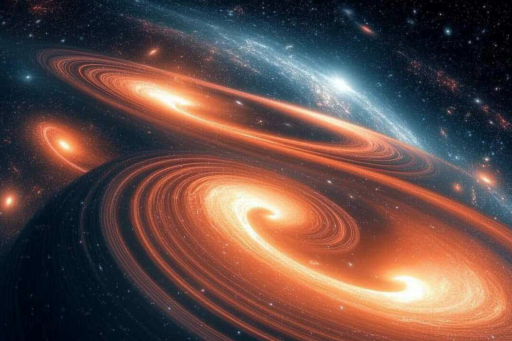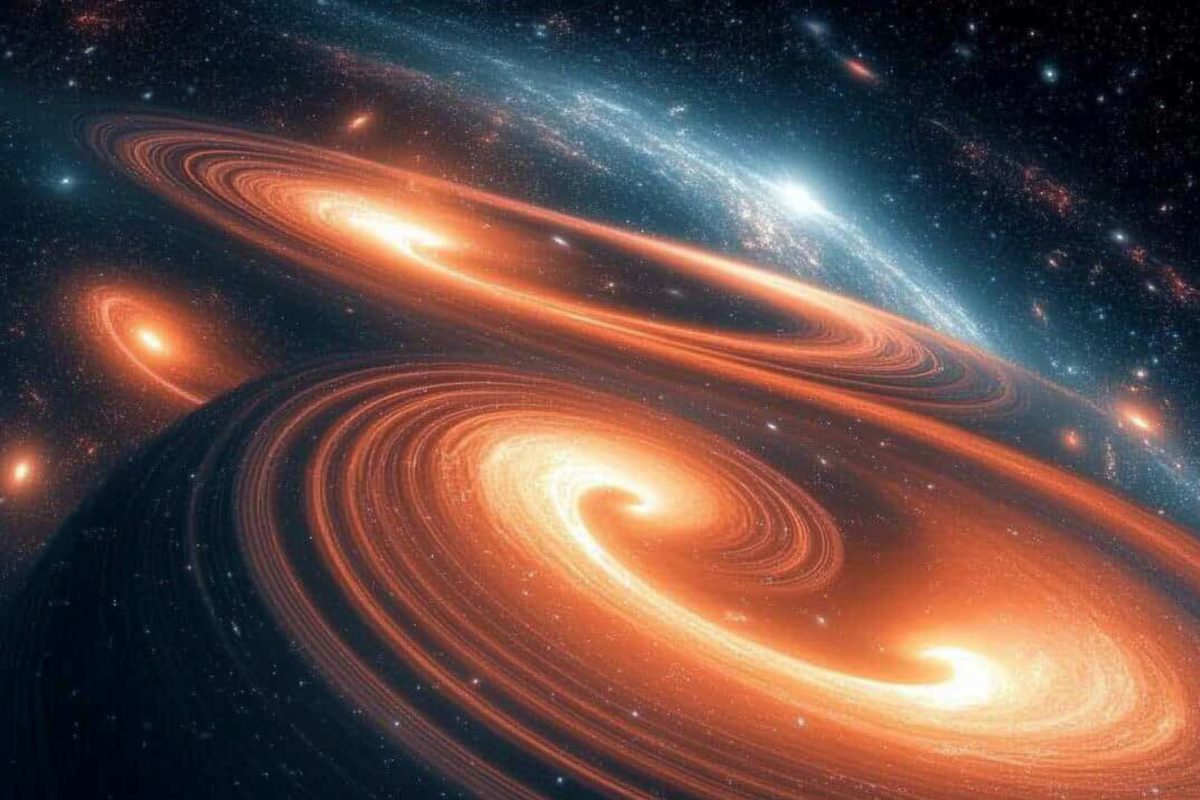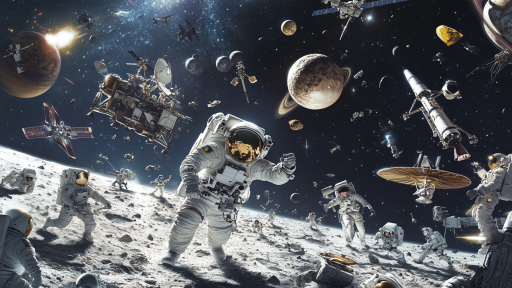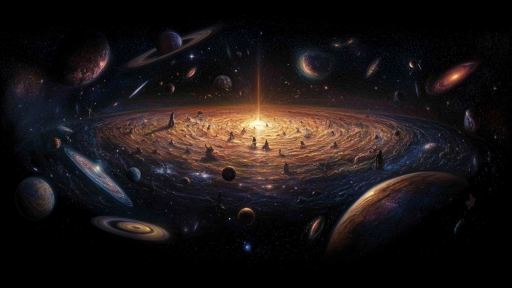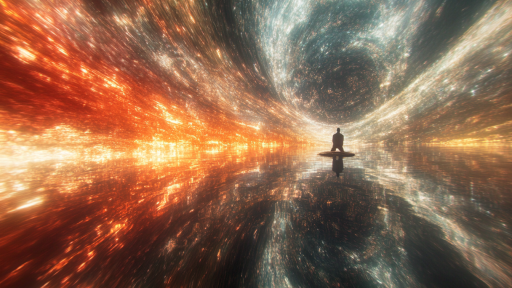
The universe is not just expanding—it’s accelerating at a rate that defies expectations. Observations from deep space reveal strange forces and cosmic mysteries that challenge everything we thought we knew about physics. From dark energy to unexplained galactic motion, scientists are constantly uncovering new evidence that suggests the cosmos is evolving in ways beyond comprehension. These discoveries push the boundaries of our understanding and raise fundamental questions about the nature of reality itself.
Dark Energy: The Invisible Force Driving Expansion

Scientists have identified a mysterious force known as dark energy that makes up nearly 70% of the universe. This invisible energy is believed to be responsible for the universe’s accelerated expansion, counteracting gravity’s pull. Despite its immense influence, dark energy remains one of the greatest enigmas in cosmology.
Hubble Tension: Conflicting Measurements of Expansion

Two different methods for measuring the universe’s expansion rate have produced conflicting results, leading to what astronomers call the “Hubble Tension.” Observations of distant supernovae suggest a faster expansion than predictions from cosmic microwave background radiation. This discrepancy hints at unknown physics influencing the cosmos.
Runaway Galaxies: Stars Racing Away Faster Than Expected

Some galaxies are moving away from us at astonishing speeds, far beyond what current models predict. These runaway galaxies may be influenced by unseen forces or exotic physics yet to be discovered. Their rapid acceleration challenges traditional explanations of cosmic motion.
Supervoids: Empty Spaces That Affect Expansion

Vast cosmic voids, regions with far fewer galaxies than expected, appear to play a role in the uneven expansion of the universe. These supervoids distort the flow of matter and light, potentially contributing to variations in the universe’s expansion rate. Their sheer scale adds to the puzzle of cosmic evolution.
Gravitational Waves: Ripples That Reveal Unexpected Motion
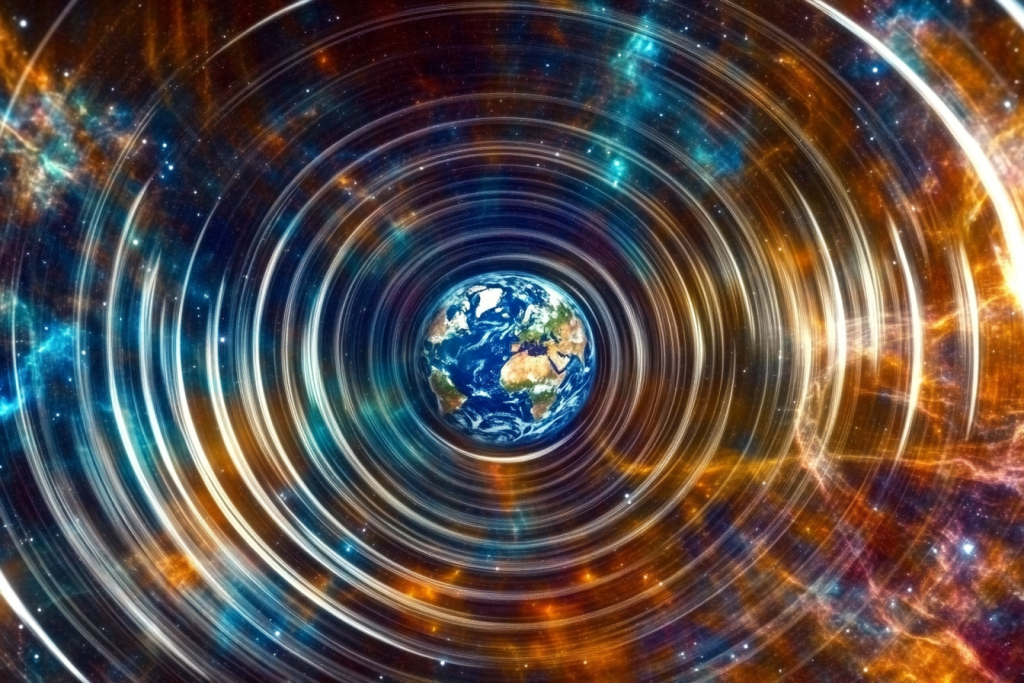
Gravitational waves, caused by massive cosmic collisions, provide new insights into the universe’s structure. Some of these waves suggest unexplained gravitational influences that may be linked to faster-than-expected expansion. Studying them could unlock secrets about the underlying forces shaping the cosmos.
The Influence of Primordial Black Holes

Some scientists propose that ancient black holes from the early universe could be altering cosmic expansion. These primordial black holes, if they exist, might have a profound effect on the large-scale structure of space. Their role remains speculative, but they present a fascinating possibility.
Time Dilation and the Expanding Universe

As space stretches, time itself may be affected, creating distortions in how we perceive the passage of cosmic history. Observations of distant supernovae show light that appears stretched, reinforcing the idea that the fabric of time is linked to expansion. This cosmic time warp continues to intrigue astrophysicists.
Dark Matter’s Possible Role in Expansion

While dark matter is known for its gravitational effects, some theories suggest it may also influence cosmic acceleration. Interactions between dark matter and dark energy remain mysterious, but their relationship could be a key factor in understanding why expansion is speeding up. Future experiments aim to uncover this connection.
The Possibility of a Multiverse Expanding Beyond Our Own

Some theories propose that our universe is just one of many within a vast multiverse, with each expanding at different rates. If true, interactions between these parallel universes could explain anomalies in cosmic expansion. This idea remains speculative but has profound implications for our understanding of reality.
New Physics Beyond the Standard Model

The accelerating universe suggests that our current understanding of physics may be incomplete. Theories beyond the Standard Model, including modifications to gravity and quantum mechanics, could provide answers. Unraveling these mysteries may require a fundamental shift in how we perceive space and time.
Cosmic Inflation: The Universe’s Rapid Early Expansion
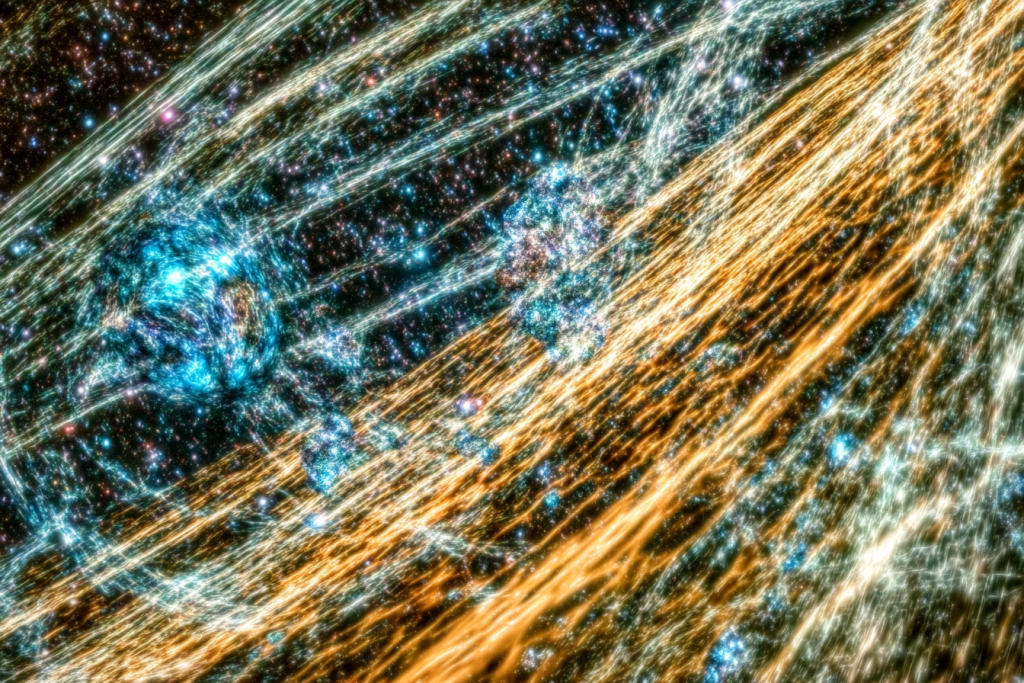
Shortly after the Big Bang, the universe underwent a phase of rapid expansion known as cosmic inflation. This early burst of acceleration set the stage for the large-scale structure we observe today. While inflation theory explains many cosmic features, its exact mechanism remains elusive, hinting at physics beyond our current knowledge.
Cosmic Acceleration: A Glimpse Into the Unknown

The expanding universe is a reminder that the cosmos is full of surprises waiting to be uncovered. Each new discovery reshapes our understanding of space, time, and the fundamental forces governing reality. As we explore further, we may find that the universe is far stranger and more dynamic than we ever imagined. What other mysteries lie hidden in the vastness of space?

